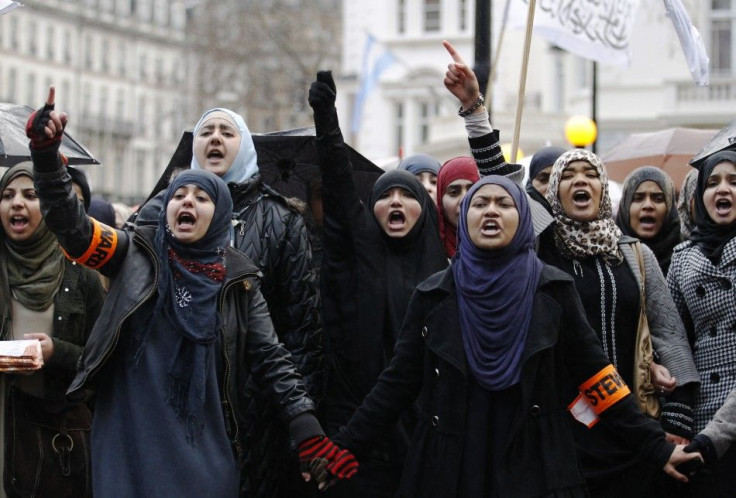Syria Uprising: How Sunni Saudis Target Shiite Iran

A pro-government Saudi columnist recently called for a massacre against a Shiite town in Saudi Arabia claiming that the anti-government protestors were controlled by the Shiite Iran.
No state accepts that its citizens pledge allegiance to another country (Iran). These rogues cannot be left to be a thorn in the government's side, Saudi columnist Ali Aljahli wrote in a jingoistic article, trying to cover-up anti-Shiite sentiments with nationalism.
Saudi activists have alleged that the article reflects Saudi government's sentiments and that the authorities indeed view the Syrian crisis as an opportunity to crush its own Shiite minority.
The Syrian uprising has given Saudi Arabia a chance to crush its rival, the Shiite Iran, which is closely allied with Syrian President Bashar al-Assad.
Middle East experts say that Syria's internal crisis is being exploited by rival Middle East groups, which work beyond their nation's boundaries, as an opportunity to weaken their opposition.
Saudi Arabian Sunni government along with another Gulf monarchy Qatar is strongly pushing for a regime change in Syria while trying to isolate it from the international community.
Shiite Iran would lose its most critical regional ally, in the event of Syria's Assad regime's ouster, which is exactly what the Sunni Middle East nations are hoping for.
Syria represents an irresistible opportunity to defang Iran, said Jeff Laurenti, a United Nations analyst at the Century Foundation, a New York-based research group, according to a Bloomberg report. Assad has been a thorn on the side of the Saudis, he said.
Saudi has submitted a draft resolution at the UN for the 193-member General Assembly in support of an Arab League plan for Assad to step down.
The Sunni-dominated Saudi has been at loggerheads with Iran ever since the 1979 Islamic revolution. The Shiite Saudi citizens, who constitute around 15 percent of the total population, have long complained of discrimination in the public sphere.
According to Arab media reports, Shiites have demanded a ban on state-sponsored anti-Shiite propaganda articles and hateful prayer speeches. Shiites are referred to as apostates, infidels and rejectionists by various pro-government media outlets.
© Copyright IBTimes 2024. All rights reserved.












